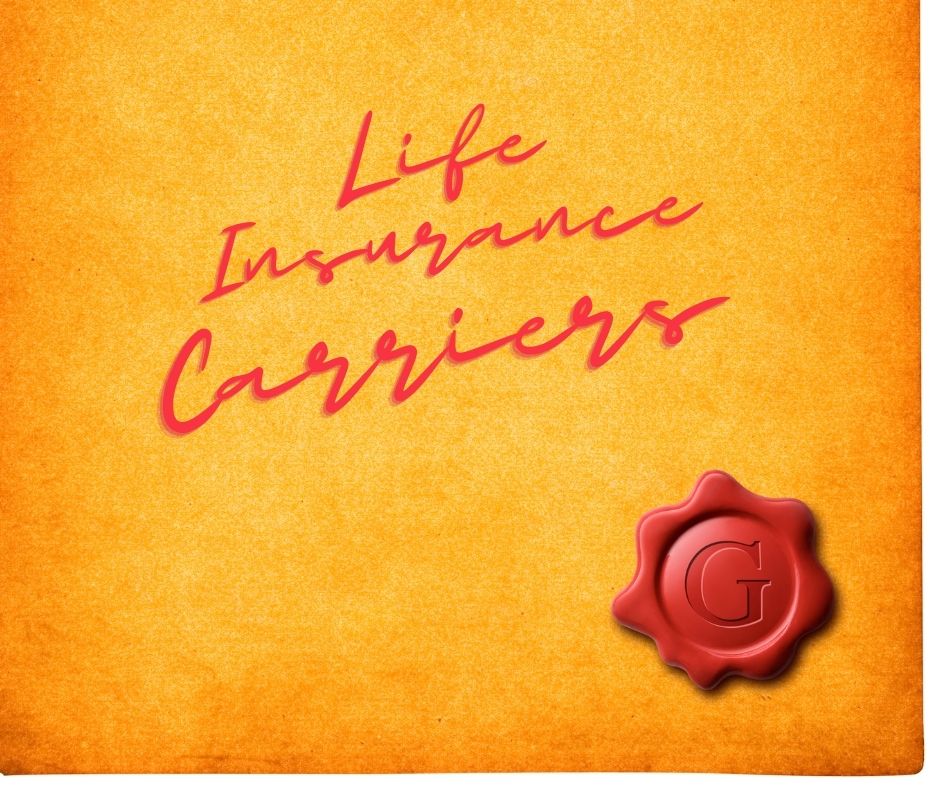
guaranteed issue whole life insurance
Payment
Most life insurance companies will issue a refund of your premiums to beneficiaries if you die within the first year of the policy. Investopedia states that this policy prevents the payment of large sums immediately for people who are seriously ill and may want to sign up for a policy in order to provide a death benefit for their loved ones.



